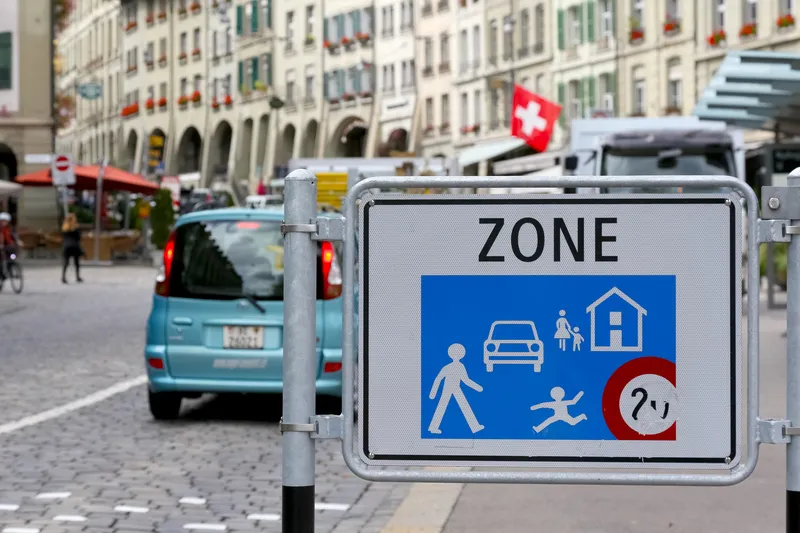
Bangladesh Roads and Highways Department (RHD) has chosen TRL to help the country improve its crash data collection and analysis.
Funded by Asian Development Bank (ADB), the project will identify the key challenges for RHD and other agencies in Bangladesh to develop safety interventions derived from crash data and to create an improved road safety audit process.
Bangladesh has a National Road Safety Strategy Action Plan which aims to cut road crash fatalities by 50% by 2030. Calculating the fatality rate and designing safe roads will bring the country closer to its goal of systematically adding road safety considerations into its network development.
While a large number of crashes occur in Bangladesh, data collection is challenging, with estimates varying between international bodies, local NGOs, the police and the general public about the actual number of deaths and serious injuries happening on the network.
TRL has been hired to help put together an institutional framework for RHD in crash data collection and management; roll out of a crash data collection and management system; a roadmap to institutionalise road safety audit in RHD’s business process: and an updated road safety audit manual.
"TRL has a long history of researching the causes of crashes and the factors that contribute to them that has saved lives the world over, says TRL’s CEO Paul Campion.
"Coupled with our long experience of developing manuals for many countries, taking into consideration the local conditions, our work in Bangladesh will help authorities to identify key risks on the network from the crash data and through an improved audit process support the RHD team on solutions to increase road safety."
“Our work with TRL will improve our understanding of the causes of crashes and enable more effective measures to be put in place to prevent them,” says RHD project director Fazlul Karim.
“We know the project will make a significant contribution to reducing the number of crashes and casualties on our roads. Amongst other needs, identifying bottlenecks and roadblocks in various areas of road safety in Bangladesh will help us determine the crash rates and their severity, calculate the fatality rate, and as a consequence, design the required safety measures."







